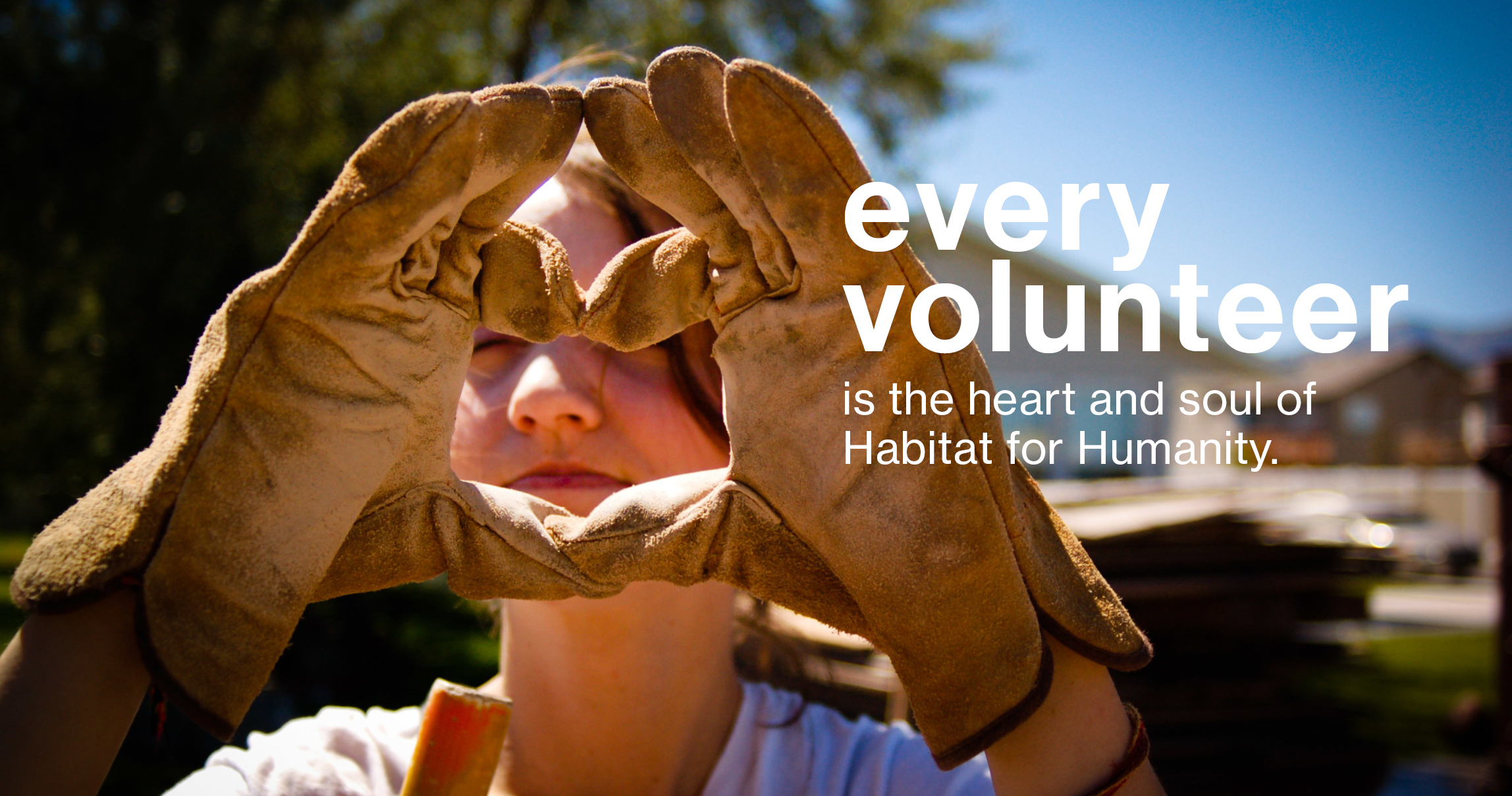People volunteer with Habitat to make a difference in someone else’s life and make a positive impact in the community. However, those that are volunteering to help those less fortunate may be surprised to discover that their work also provides benefits to themselves. Many scientific studies form the past twenty years have concluded that volunteering is good for your overall health. People who volunteer regularly are more likely to be mentally and physically healthier, build useful life skills including for careers, and have improved overall happiness.
Mental Health
Volunteering improves mental health in a number of different ways. Studies have shown volunteering to stimulate minds, reduce stress, help fight depression and provide a sense of fulfilment. Volunteering provides a support system that may be absent in other parts of a volunteer’s life. Meaningful connections to other people helps relieve stress and anxiety found elsewhere in our lives. Doing things for others helps to improve self-confidence and create a positive outlook on everyday goals.
Physical Health
Volunteering provides physical benefits for the elderly through keeping active. People who volunteer regularly are shown to have a lower mortality rate than those who do not. Different types of volunteer work keep people active, and help with handling everyday tasks in their lives. Benefits reported from volunteering include lower rates of high blood pressure, reduced symptoms of chronic pain and a lower risk of heart disease.
Career Skills
Many people looking for work or wanting to start a new career can volunteer to make contacts or gain skills that are beneficial to their future profession. It is often difficult to break into a new career stream with no prior experience. People who volunteer can gain these skills and meet people who work in that industry, preparing them for a new role. This also allows you to get a taste of the career without making any commitments, which can be great for students looking for future careers. Common skills that can be attained from volunteering include communication, task management and problem-solving.

Overall Happiness
Several publications published studies saying volunteering can increase a person’s satisfaction and well-being. People who volunteer weekly were found to be 16 per cent happier on average than those who did not volunteer. Volunteering can often provide a sense of purpose and life satisfaction where other activities can not. It can be relaxing to escape everyday responsibilities by changing your routine. Take time off from working in a stressful office environment to volunteer outdoors on a Habitat build site, or at our ReStore. Volunteering can be a way to find new interests and hobbies that can be carried into your personal life, build life-lasting friendships or be a pathway to a new dream career. Above everything though, it just feels good to help.
Finding the right volunteer opportunity for you can change your outlook on life and make you a happier person. To get started today volunteering with Habitat for Humanity Halton-Mississauga, please follow this link.

